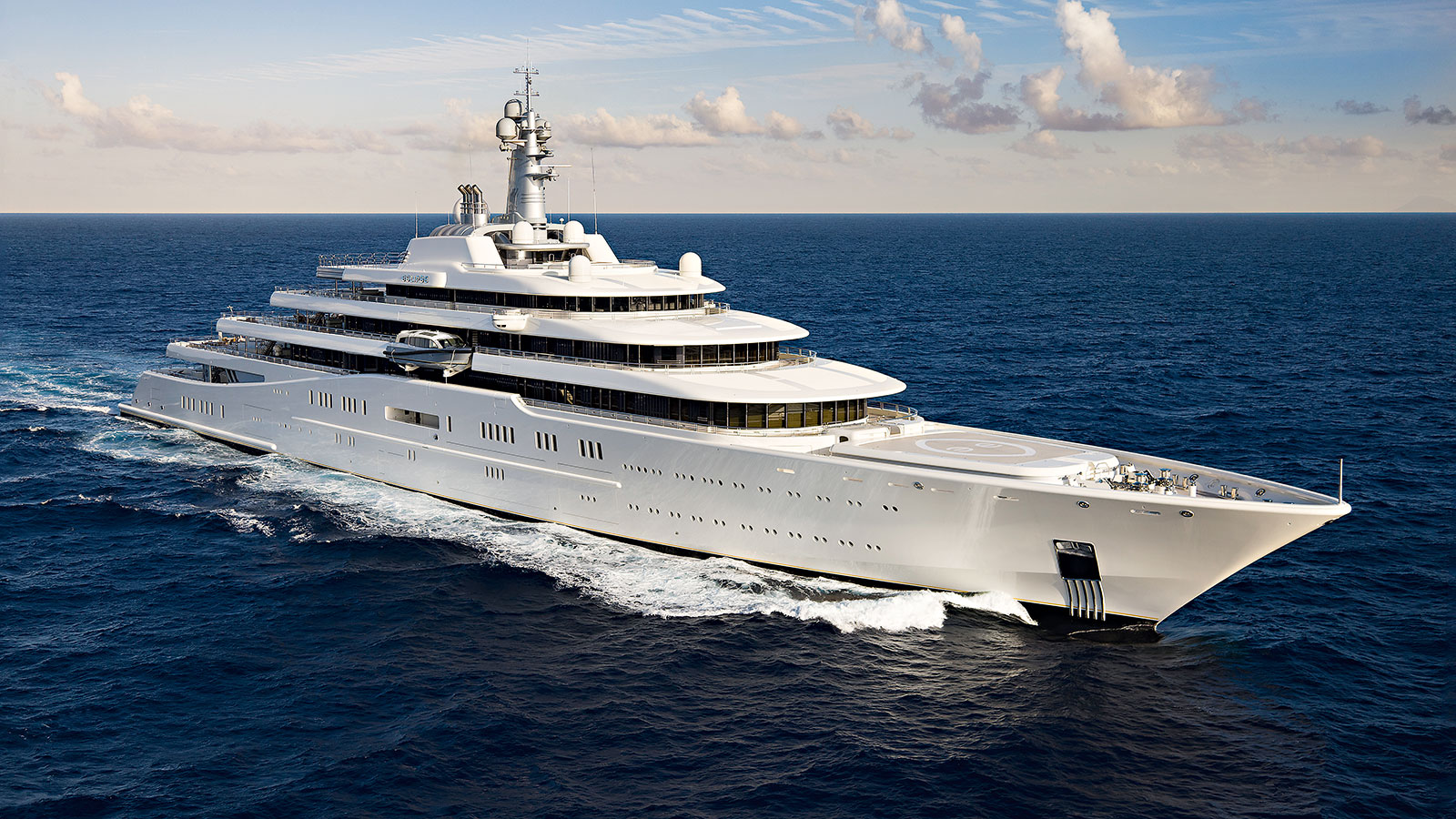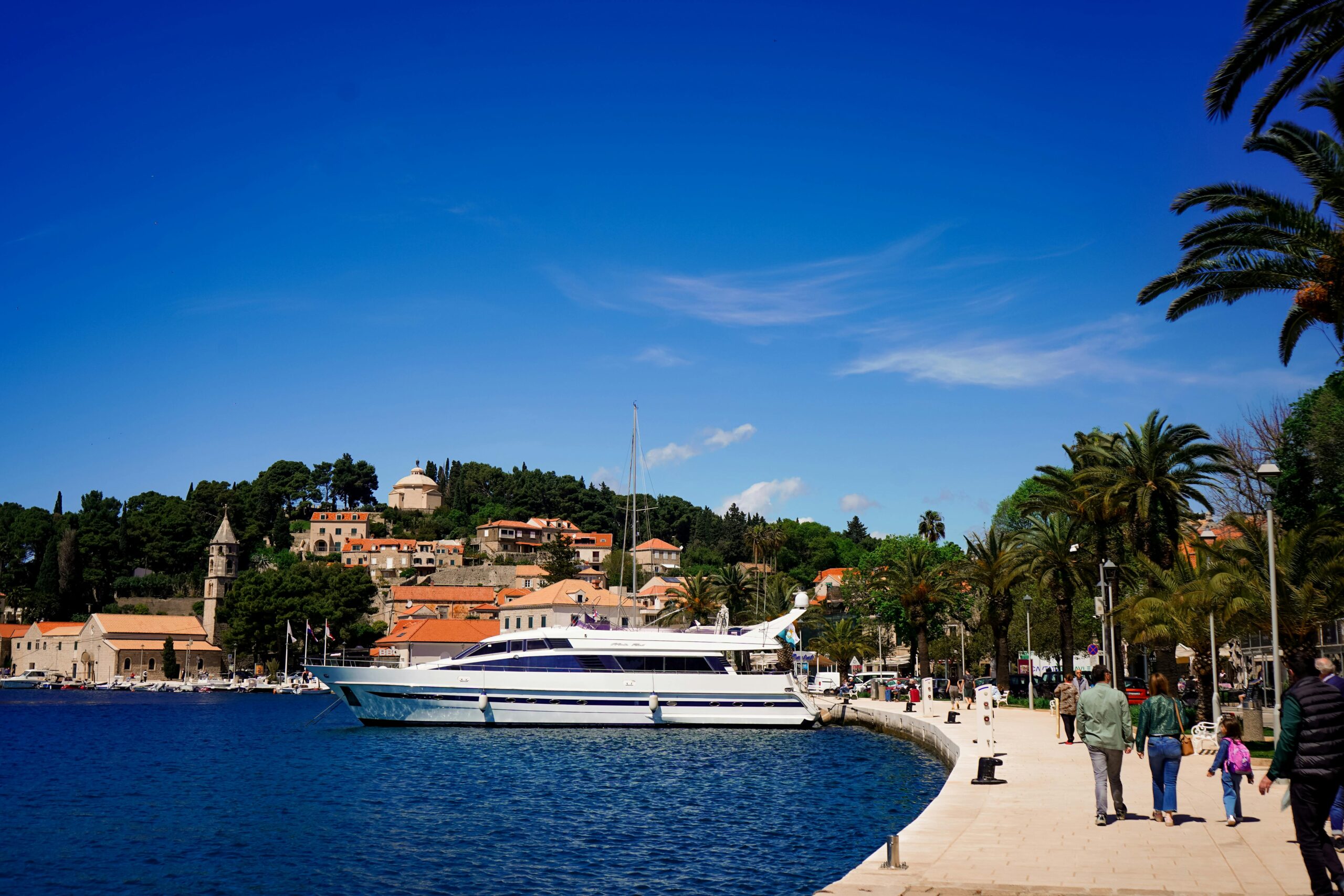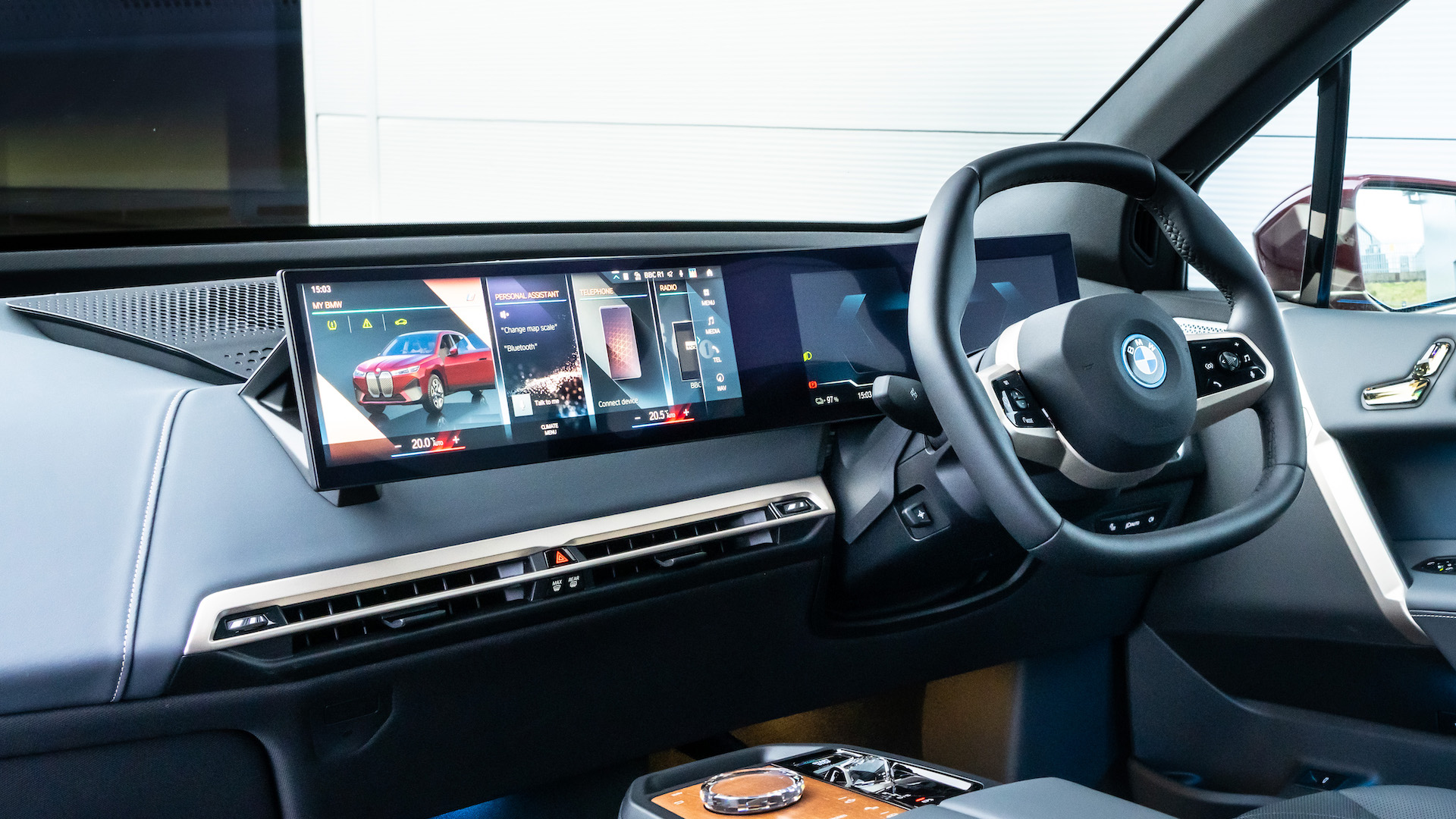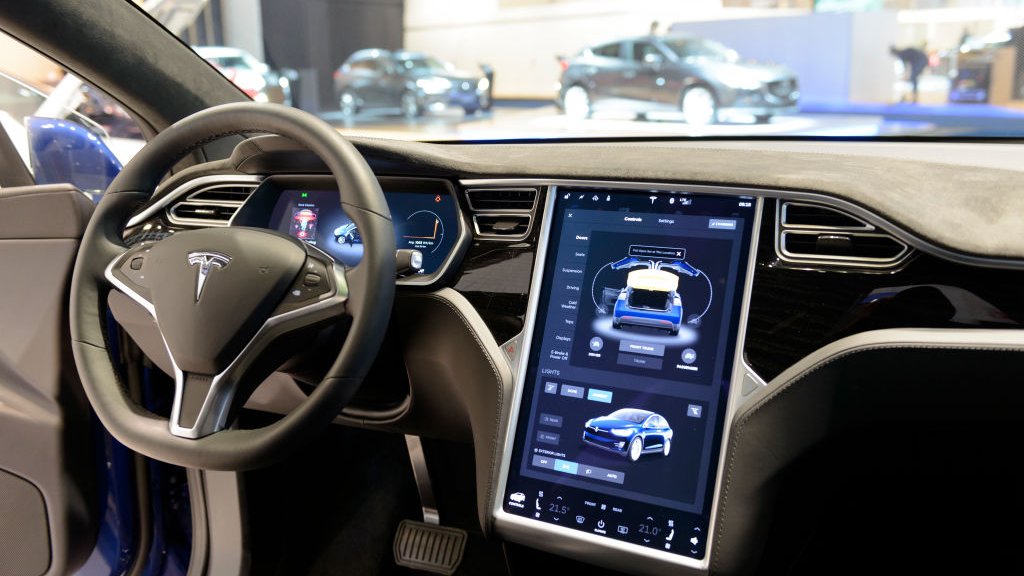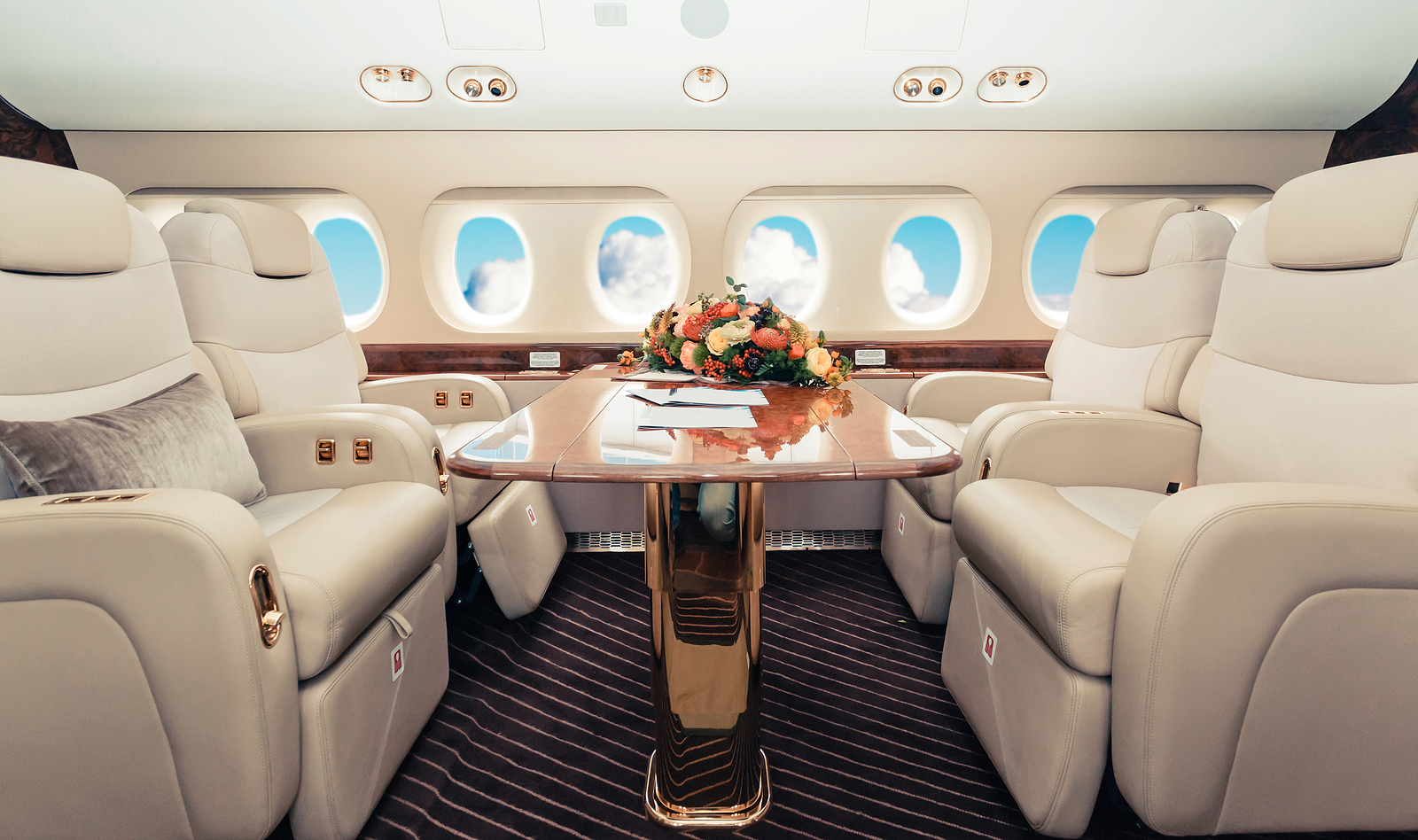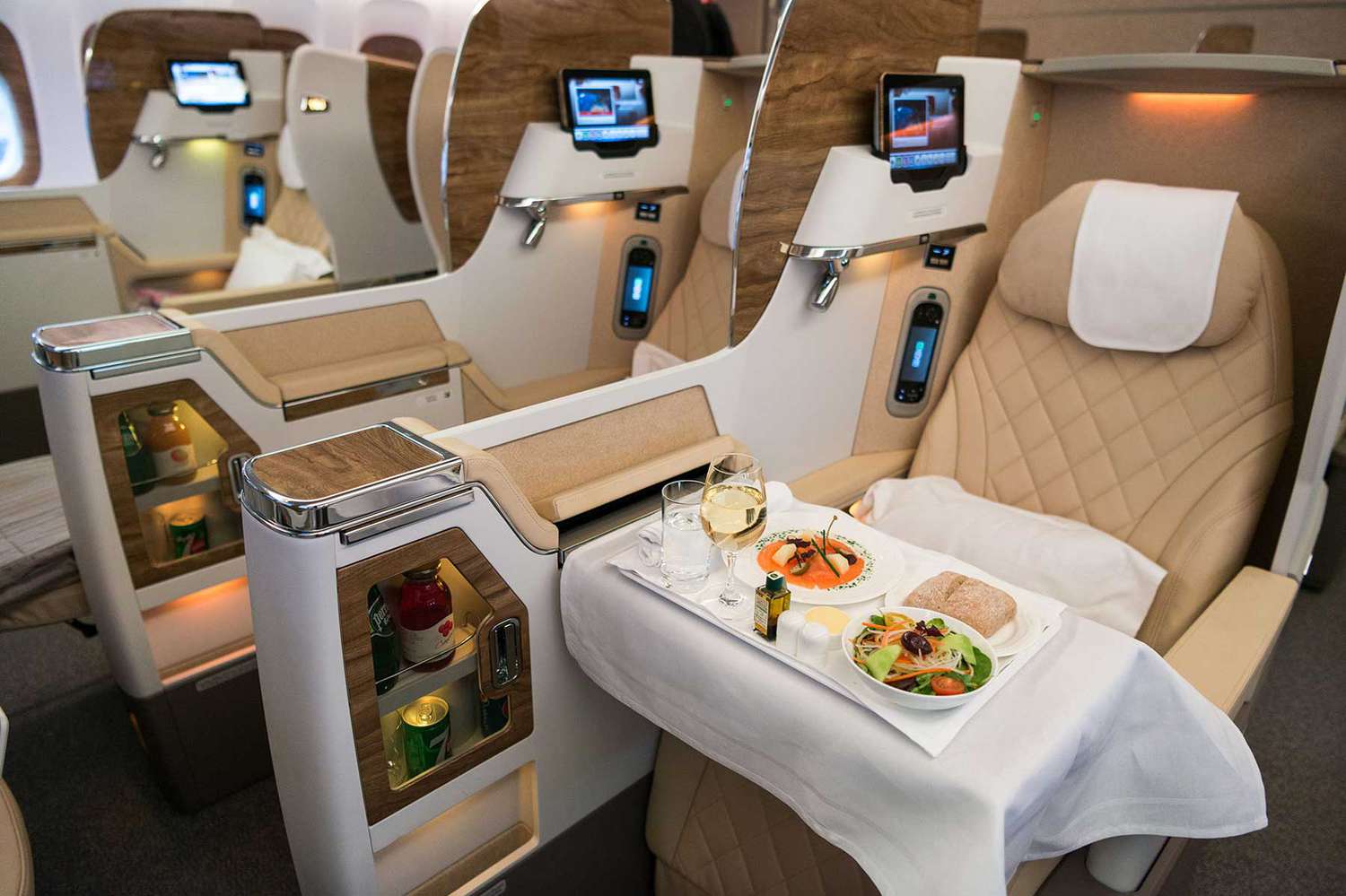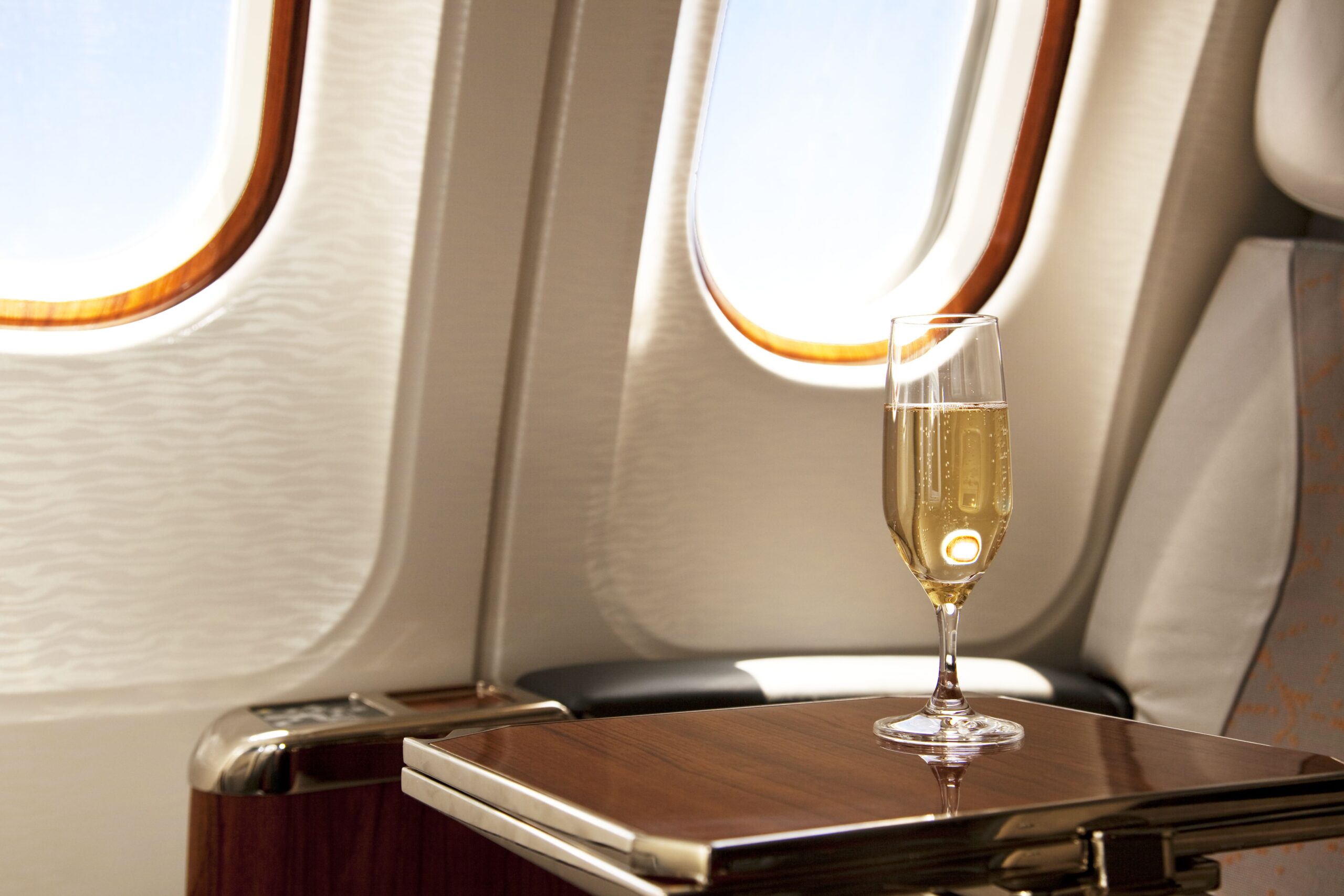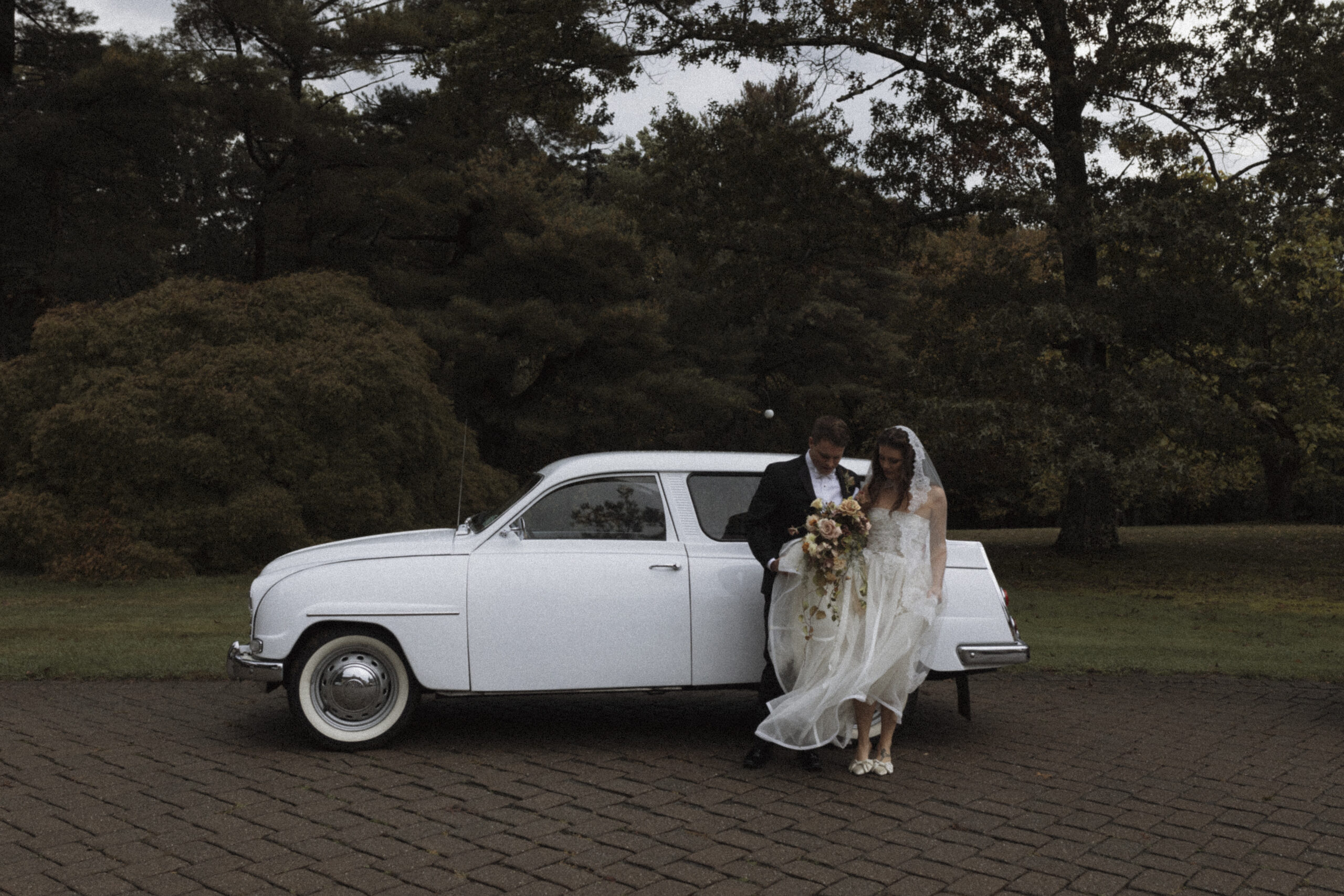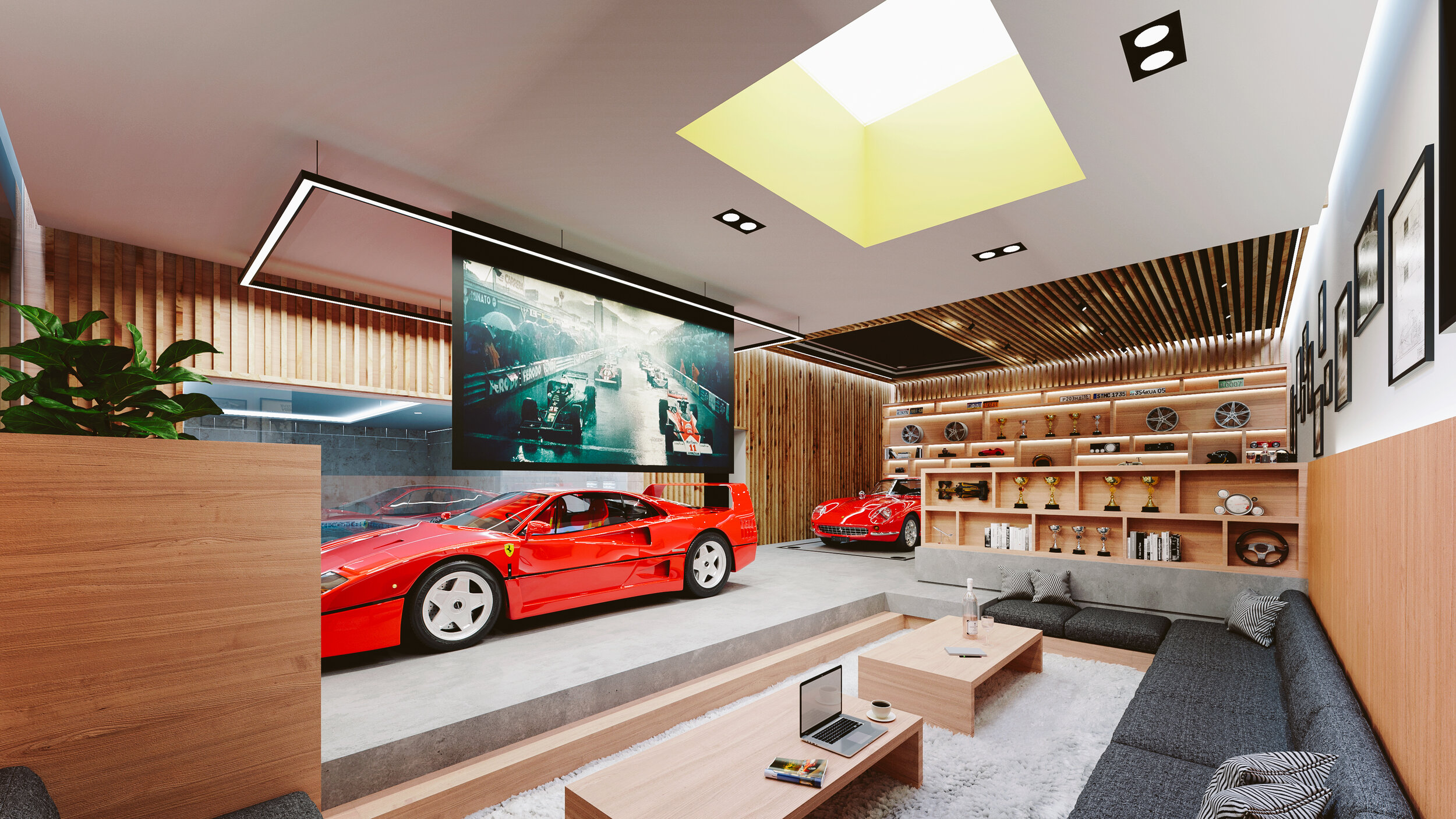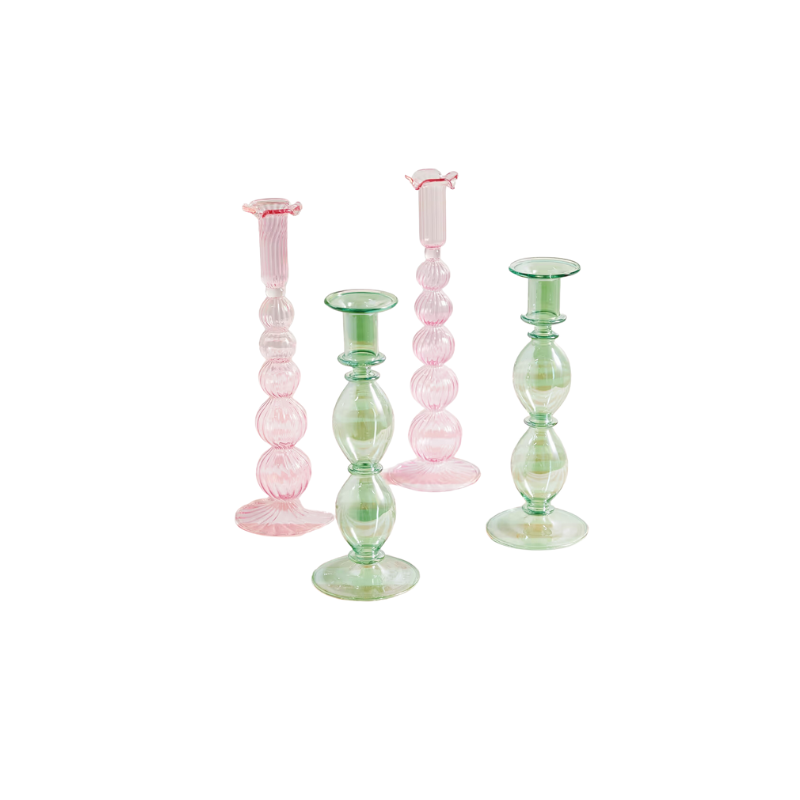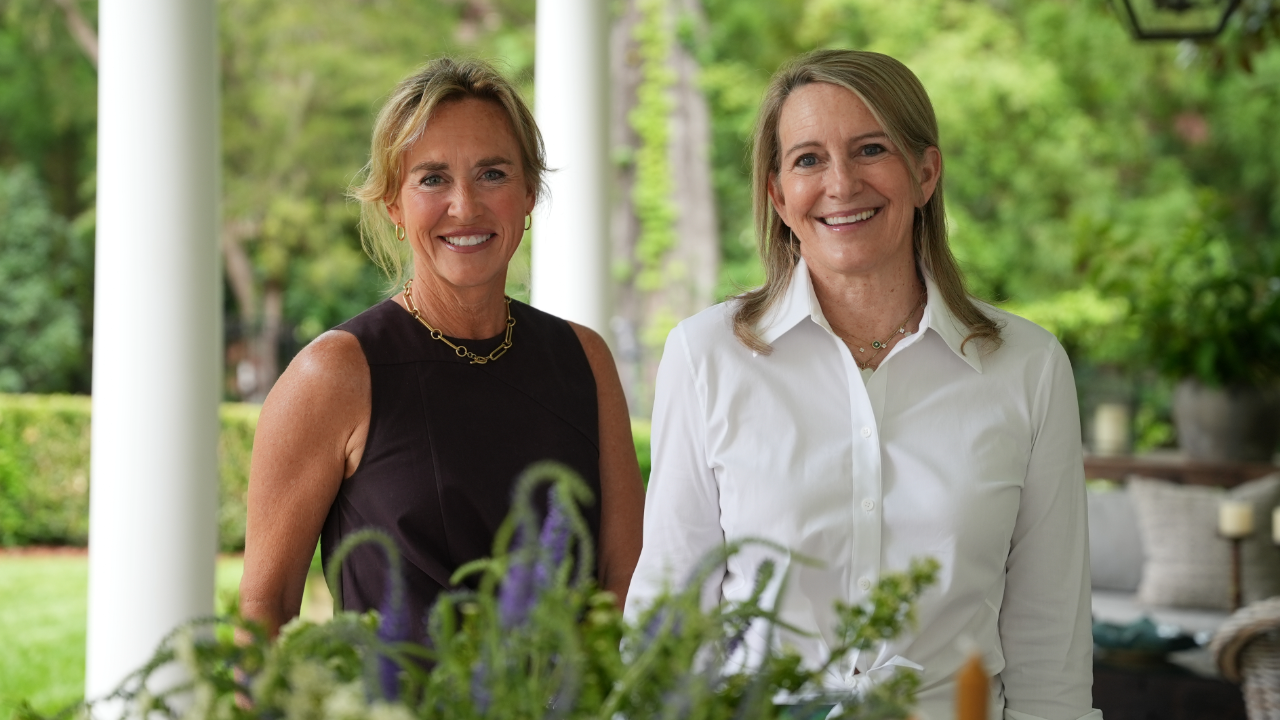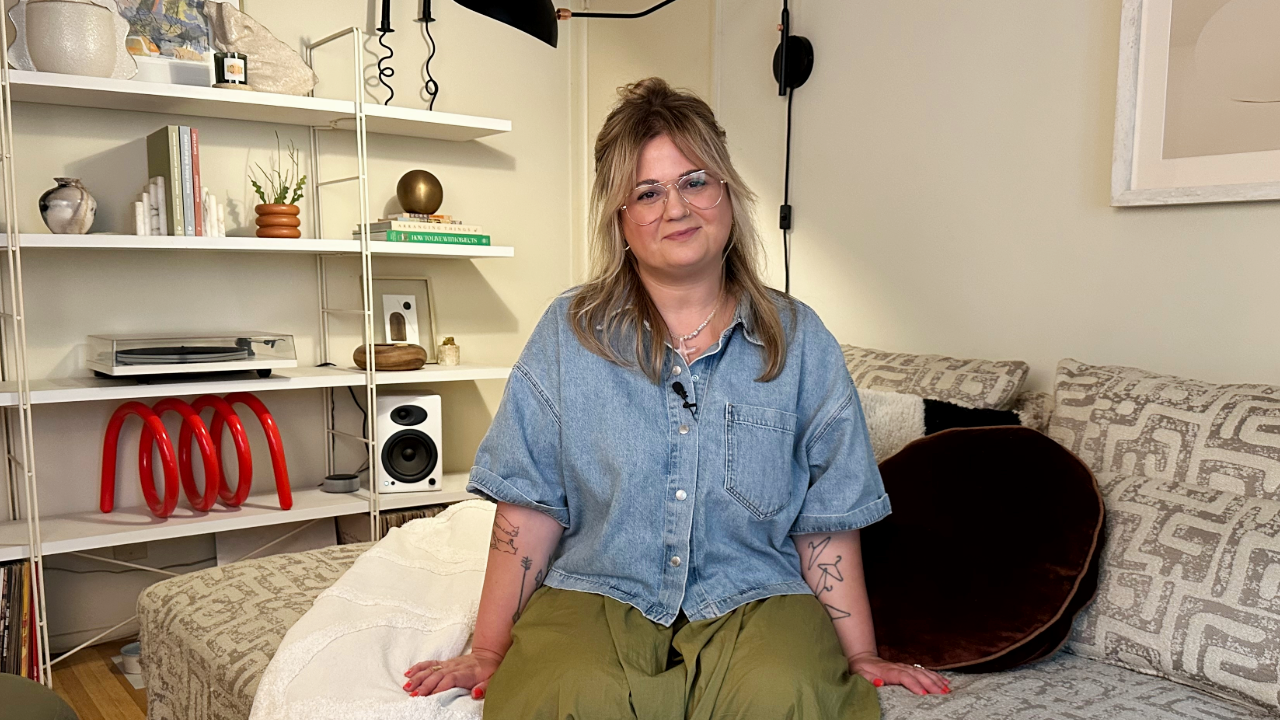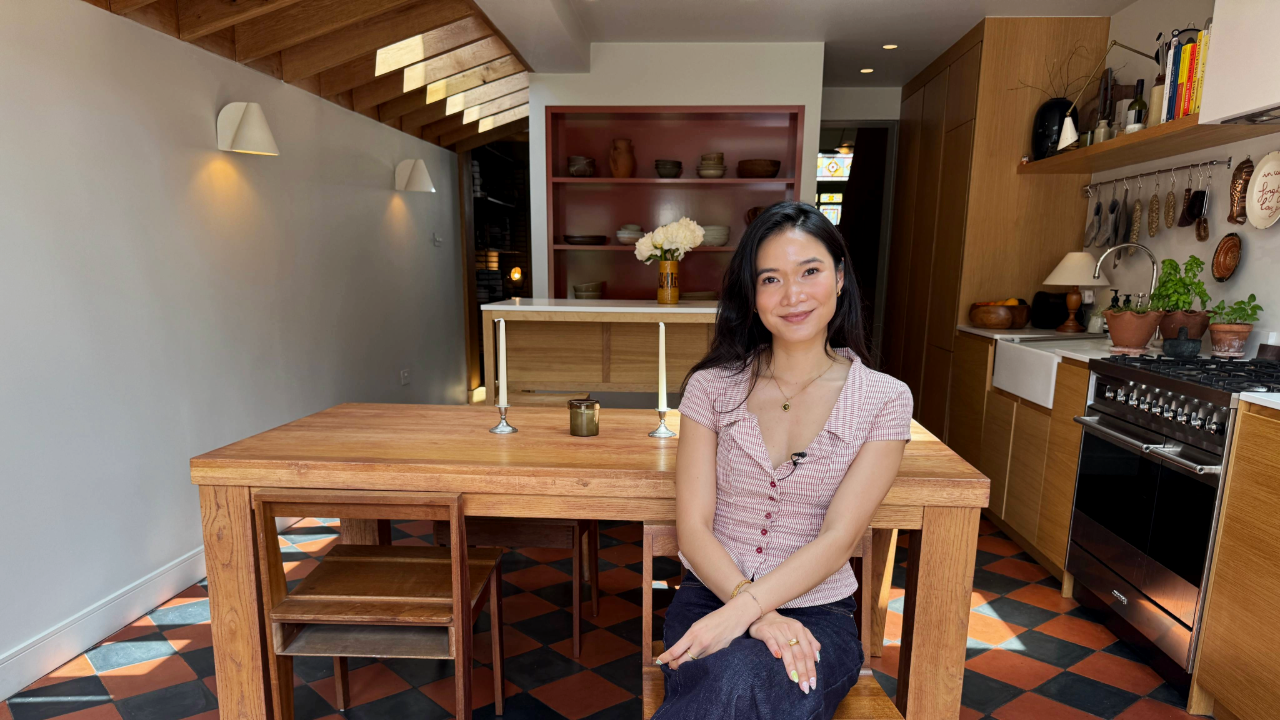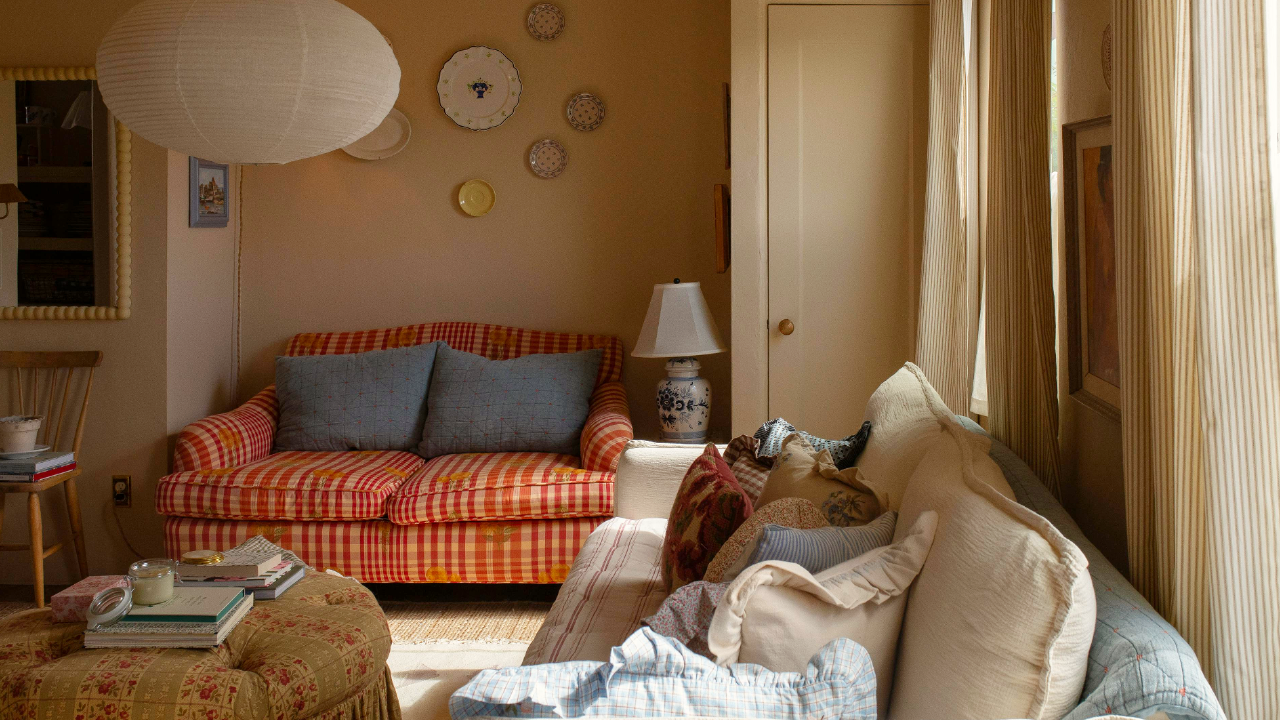
You’ve reclined in a leather pod, sipped champagne chilled to perfection, and dined on Michelin-tier short ribs at 38,000 feet. And yet—despite the flat bed and vitamin-infused hand towels—you still stumble off the plane in London (or Tokyo, or Dubai) feeling like you’ve been dragged through a wormhole. The seats are better, the service is sublime, but jet lag, that cruel and persistent thief of productivity and poise, refuses to be tamed. For all our aeronautical progress, the human body is still stubbornly analog.
Jet lag is more than just fatigue—it’s a disruption of the suprachiasmatic nucleus in your hypothalamus, which is a very elegant way of saying your internal clock is having a meltdown. No amount of Perrier-Jouët or eye masks can trick your circadian rhythm into thinking a 9 p.m. steak dinner in Singapore makes sense when your body still thinks it’s breakfast in SoHo. The pressure-controlled cabins and ambient lighting help, yes—but they’re more theater than therapy.
Airlines are eager to convince you otherwise. Enter “wellness menus,” cabin humidifiers, and custom lighting systems designed to simulate natural light patterns. One Scandinavian carrier now boasts an algorithm that adjusts cabin brightness based on your arrival time zone. Another promises “chronobiological cuisine” aimed at easing transitions across time zones. And yet, behind all the marketing mystique, the reality is far more grounded: jet lag is an evolutionary hangover, and flying at 600 mph doesn’t help.
For the frequent flyer set—those who cross continents like others cross boroughs—coping mechanisms have become something of a performance art. There are the melatonin purists, the fasting evangelists, the compression sock crowd, and those who swear by anti-jet lag apps developed by former NASA sleep consultants. Meanwhile, private jet operators are quietly offering “sleep coaches” and pre-flight blood tests to optimize circadian hacks. The arms race to arrive refreshed is no longer confined to the seat itself—it’s biochemical.
The truth? Jet lag may be the one luxury that money still can’t fully erase. No matter how plush the cabin or how rare the caviar, your body can’t be bribed. Until science figures out how to shift the human clock as easily as we shift time zones, the best cure may be a cruel one: time. Or perhaps, in the case of the ultrarich, simply never adjusting at all—staying suspended in your own private time zone, sipping espresso at 2 a.m. in Paris, just because New York says it’s cocktail hour.












